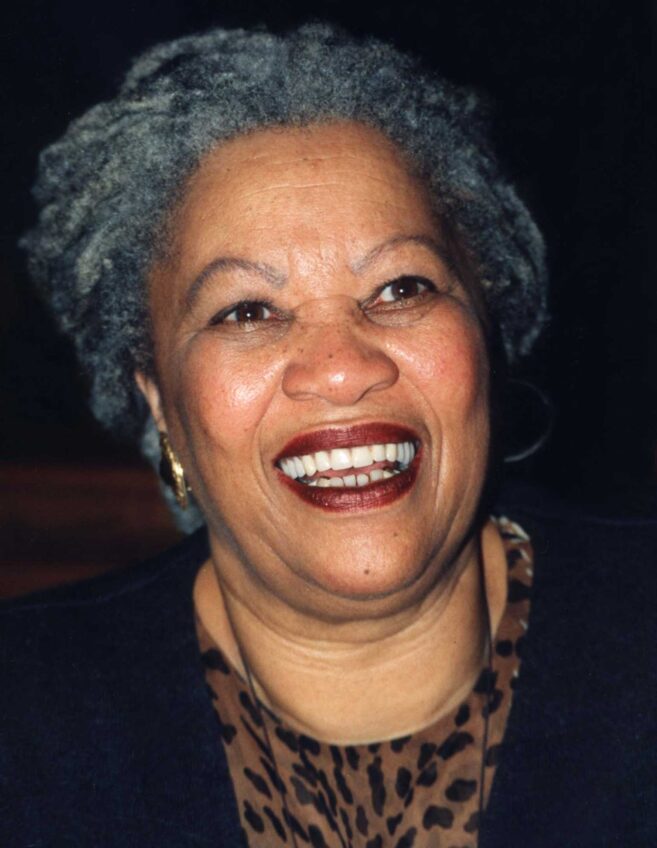The imperative of reimagining urban transit in Boston: A vision for tomorrow
In the heart of Boston, where cobblestone streets whisper tales of history, a modern crisis unfolds—one not of revolution or war, but of movement, or rather, the lack thereof. The Bay State Banner, a beacon for the community, must shine its light on an issue that transcends mere inconvenience: the urgent need for a reimagined urban transit system. This is not just about reducing commute times or cutting emissions; it’s about redefining the social fabric of our city, ensuring equity, and fostering a sustainable future.
The current predicament
Boston’s public transportation, while iconic, is buckling under the weight of its own legacy. The MBTA, despite its commendable service, is often described as outdated, overstretched, and inequitable. The delays, the breakdowns, and the lack of comprehensive service in burgeoning neighborhoods reveal more than mechanical issues; they expose a systemic failure to evolve with the city’s demographic and economic shifts.
A call for equity
The conversation about transit in Boston must pivot from efficiency to equity. Communities of color and low-income neighborhoods are disproportionately affected by inadequate transit services. This isn’t merely a matter of convenience but of access to opportunities. Jobs, education, healthcare—all hinge on one’s ability to move freely within the city. When transit lines do not reach or inadequately serve these communities, it’s not just a service gap; it’s a socio-economic divide that deepens.
Vision for a new transit paradigm
1. Integrated Urban Planning:Urban transit cannot be an afterthought in city planning. Boston needs a holistic approach where transit development is synchronized with residential, commercial, and cultural expansions. This means prioritizing transit when zoning new developments, ensuring that every Bostonian, regardless of their socio-economic status, has access to efficient public transport from the inception of new urban projects.
2. Sustainability and Innovation:
We’re at a technological and environmental crossroads. Electric buses, for instance, should not be a future plan but a current initiative. Moreover, Boston should leverage technology for smarter transit solutions like real-time data analytics to optimize routes and reduce wait times, or even explore autonomous vehicles for less trafficked routes, ensuring safety and efficiency.
3. Community-Centric Design:
Transit should not just serve; it should engage. Community boards should have a say in transit expansions or changes. This participatory approach ensures that the transit system reflects the needs and respects the voices of those it serves. Moreover, stations could become community hubs, incorporating local art, history, and culture, turning transit points into points of community pride and interaction.
4. Affordability and Accessibility:
A truly equitable transit system is one where cost does not bar access. Implementing tiered pricing based on income or providing free transit to certain segments like students or seniors could be revolutionary. Accessibility also means physical accessibility—ramps, elevators, and clear signage should not be luxuries but standard across all transit facilities.
5. Education and Advocacy:
The transformation of transit requires an informed public. Educational campaigns about the benefits of public transit, how to use it efficiently, and its environmental impact are crucial. Advocacy for better transit should be a community-driven effort, supported by initiatives from entities like the Bay State Banner, which can play a pivotal role in shaping public opinion and policy.
Economic and environmental imperatives
From an economic perspective, a robust transit system reduces reliance on personal vehicles, thereby decreasing traffic congestion, which in turn boosts productivity. Environmentally, every car left at home is a step towards reducing Boston’s carbon footprint, crucial in our fight against climate change. Boston’s commitment to the Green New Deal should see transit as a frontline tool for sustainability.
A legacy for tomorrow
Imagine a Boston where transit isn’t just about getting from point A to B but about weaving the city’s diverse tapestry more tightly together. Where every citizen, regardless of where they live or how much they earn, can share in the city’s prosperity and cultural richness. This vision of transit is not a mere upgrade but a fundamental rethinking of what public transportation means in a modern, equitable, and sustainable urban environment.
Conclusion
As Bostonians, we stand at a pivotal moment. The decisions we make today about our transit will echo into the future, defining the quality of life for generations. The Bay State Banner, with its deep roots in community journalism, has the platform and the responsibility to spearhead this discussion. Let us advocate for a transit system that doesn’t just keep pace with our city’s growth but propels it forward, ensuring that mobility in Boston is a right, not a luxury. Let’s build not just for efficiency, but for equity, sustainability, and community integration. This isn’t just about moving people; it’s about moving forward as a city, together.
Ronald R. Beaty Jr., is a political activist.






